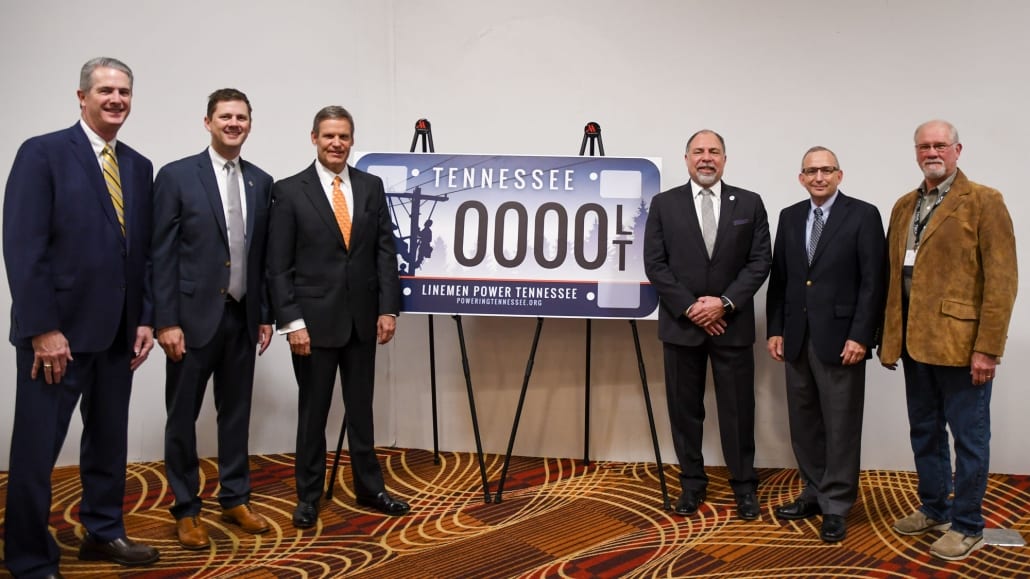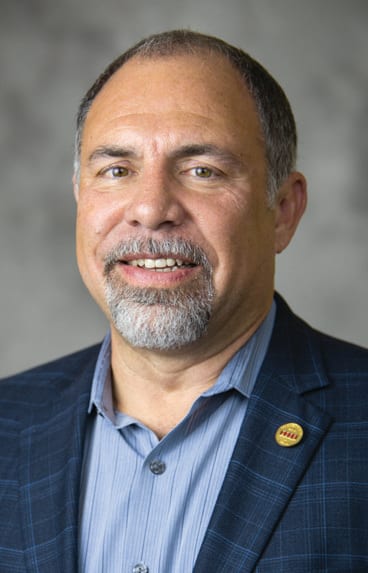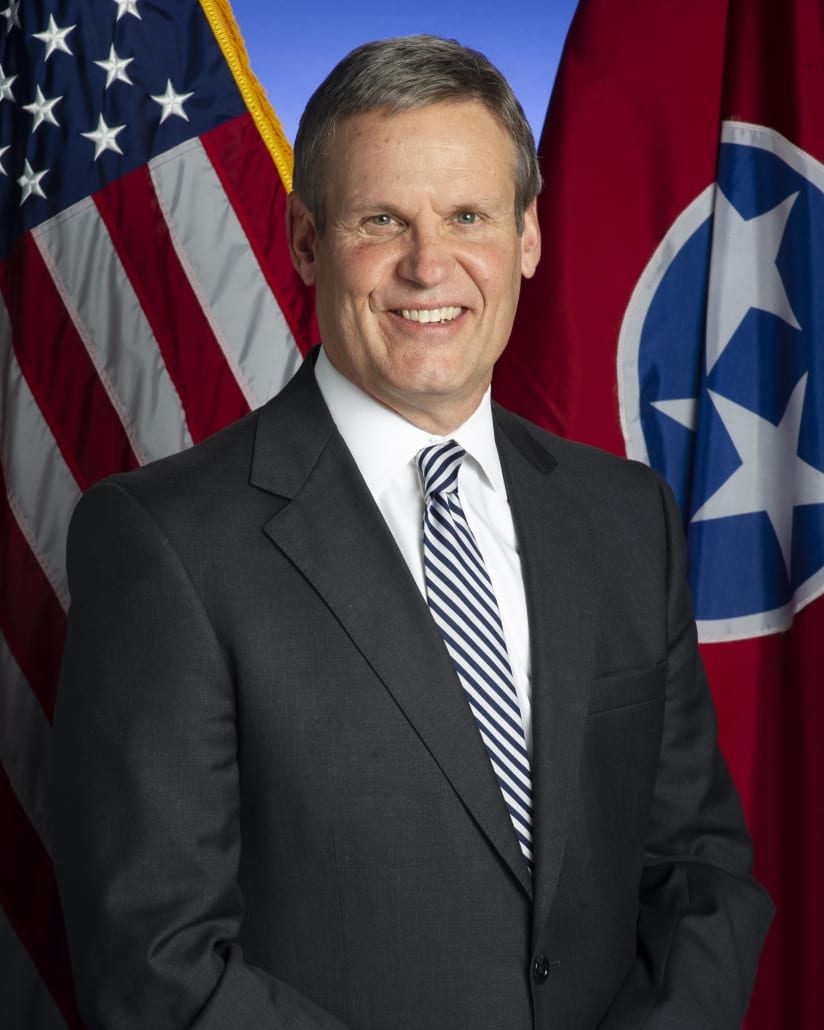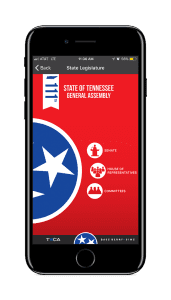Proceeds from the plates to fund non-profit that supports lineworkers and their families following an injury or fatality

NASHVILLE – The state of Tennessee recently released a specialty license plate that honors the service and sacrifice of Tennessee’s electric lineworkers.
There are more than 3,500 electric lineworkers in Tennessee, and unless the power is out, we seldom think about the important work they do. Each day, they get out of bed, pull on their boots and work to make civilized life possible for the people who live in their communities. It is a dangerous job that frequently requires them to be away from their families.
To honor the contributions of Tennessee’s electric lineworkers, Tennessee’s electric cooperatives petitioned the General Assembly in 2019 to authorize the creation of a specialty license plate. The legislation was approved and signed by Gov. Lee in May.
“Tennessee’s more than 3,500 electric lineworkers power our state through their service and dedication,” said Gov. Bill Lee. “I am proud of this new Tennessee specialty license plate, and I thank the General Assembly for their support in honoring these valued individuals.”

Even with lawmaker approval, the state required 1,000 preorders to put the Powering Tennessee specialty plates into production. Thanks to the overwhelming interest from lineworkers and others across the state, organizers collected 1,000 preorders in just six weeks.
Funds raised through specialty plate sales will benefit the Tennessee Lineworker Lifeline Fund, a nonprofit foundation created to assist lineworkers and their families in the event of a serious injury or fatality while on the job.
“In 2018, electrical lineworker was ranked as the 13th most dangerous job in the country – just behind law enforcement officers,” said David Callis, executive vice president and general manager of the Tennessee Electric Cooperative Association. “Safety is something we take seriously, but heights, high voltage, distracted drivers and other risks are always present. Each day lineworkers put their lives on the line for others, and the Powering Tennessee specialty license plates are a small way to honor these tough and dedicated community servants.”
The Powering Tennessee specialty license plate and the Tennessee Lineworker Lifeline Fund are supported by local utilities, the Tennessee Electric Cooperative Association, Tennessee Municipal Electric Power Association, Tennessee Valley Public Power Association and International Brotherhood of Electrical Workers.
Tennessee motorists don’t have to be lineworkers to show their appreciation for these brave men and women – anyone with a private vehicle registered in Tennessee can get the plate. Learn more about the plates and the Tennessee Lineworker Lifeline Fund by visiting poweringtennessee.org.
The Tennessee Electric Cooperative Association provides leadership, advocacy and support for Tennessee’s 23 electric cooperatives and publishes The Tennessee Magazine, the state’s most widely circulated periodical. Visit tnelectric.org or tnmagazine.org to learn more.
# # #
FOR MORE INFORMATION
Trent Scott | Vice President of Corporate Strategy | 615.515.5534 | tscott@tnelectric.org





